Check out our new website at https://amnestysouthamerica.org.uk!
This month we bring you news from Peru, Colombia, Chile, Argentina, Venezuela and Brazil.
Highlights are:
- Peru: Amnesty has called for the repeal of new legislation which violates freedom of expression and other rights
- Colombia: Amnesty has called for the unblocking of investigations into violence against the community of San José de Apartadó
- Chile: Amnesty has warned of problems with the effectiveness of the body tasked with reforming the carabineros
- Argentina: Amnesty has reported that, during the 2024 Write for Rights Campaign, over 400,000 people took action in support of Joel Paredes, who lost an eye during a peaceful protest. A casefile is being developed to enable further action by Amnesty Local Groups
- Venezuela: Human Rights Watch has documented widespread abuses by the authorities since the 2024 Presidential elections
- Brazil: A US NGO has filed a petition to block the import of Brazilian coffee associated with forced labour
PERU
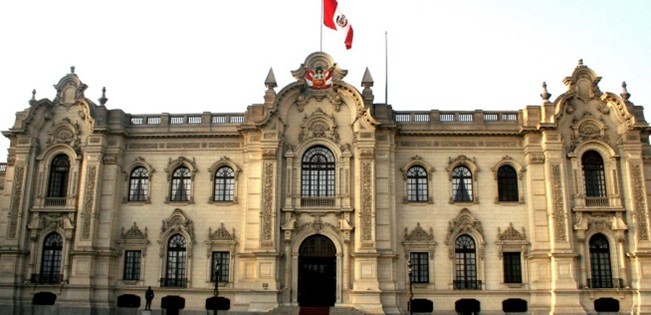
Amnesty has called on the Peruvian authorities to repeal a recent amendment to a law which, it says, violates freedom of expression, freedom of association and access to justice for hundreds of victims in Peru. The amendment, which relates to the functions of the Peruvian Agency for International Cooperation (APCI), strengthens APCI’s control over the work of civil society organisations, leaving the door open to arbitrary decisions, discretionality and the censoring of voices that are critical of and inconvenient for those in power, while weakening State accountability.
Human Rights Watch (HRW) has called on the Peruvian President to veto an amendment to Peru’s General Law on Persons with Disabilities, recently passed by the Peruvian Congress, which threatens to institutionalise people with disabilities through the creation of specialised care centres and temporary and permanent shelters. According to HRW, the amendment ignores the principles of the Convention on the Rights of Persons with Disabilities (CRPD), to which Peru is a party, and which promotes deinstitutionalisation.
COLOMBIA
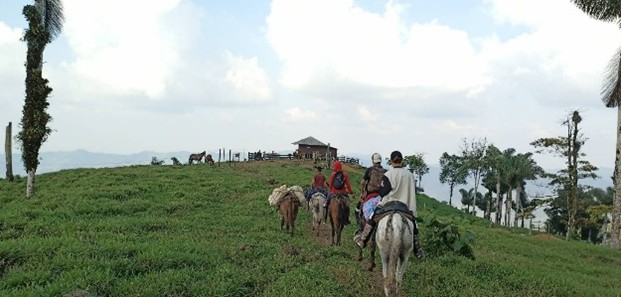
Amnesty has called on the recently installed Justice Evaluation Commission for the Peace Community of San José de Apartadó to unblock the hundreds of investigations into acts of violence against the Community, which the State has overlooked and which remain unpunished. The Commission’s establishment is part of Colombia’s commitments to the Inter-American Human Rights System, which has observed the case of the Community for 28 years.
CHILE
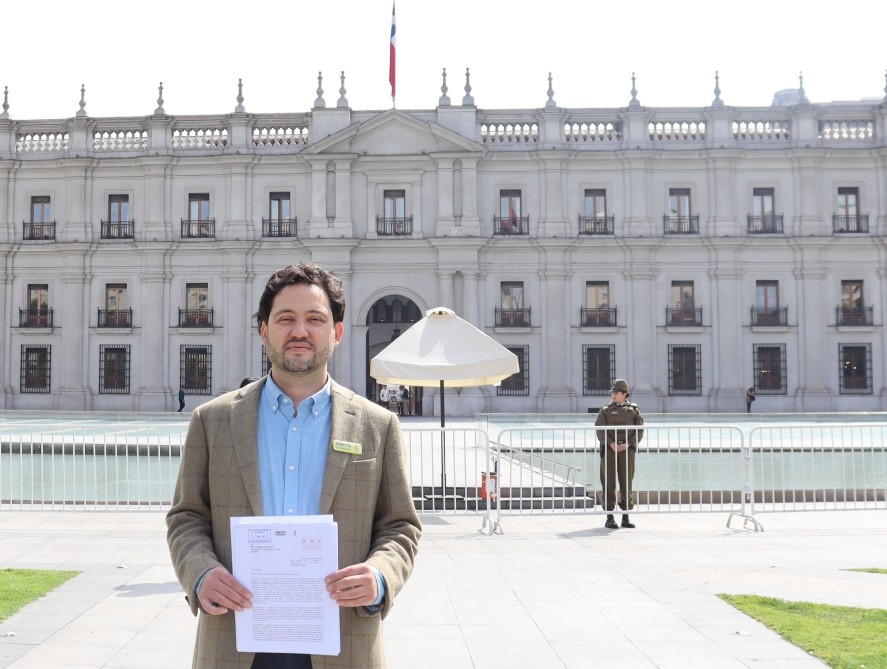
Amnesty has sent an open letter to President Boric warning of problems with the effectiveness of the Consultative Unit for the Reform of the Carabineros – a body composed of security experts who provide specialised guidance to help with the reform process. Amnesty are concerned about the lack of transparency regarding the discussion on less-lethal weapons and electroshock weapons – known as Tasers. Amnesty flag the serious consequences of an irresponsible use of Tasers and a lack of clarity on several issues relating to their use by the Carabineros.
ARGENTINA
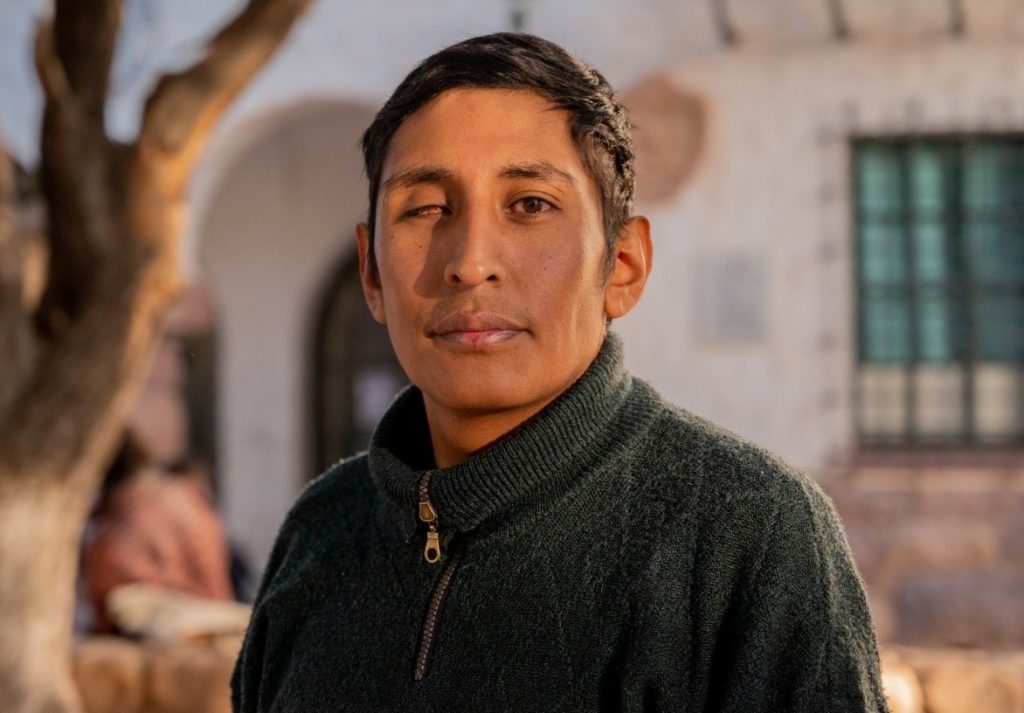
Amnesty included Joel Paredes in last year’s Write For Rights (W4R) campaign. In 2023 he joined a peaceful protest in Jujuy. The demonstration was against constitutional reforms that threaten both freedom of assembly and the rights of Indigenous peoples. The police responded with unnecessary and excessive force, and Joel was blinded by a rubber bullet. In the report on W4R 2024 it says 402,466 actions were taken in support of Joel. A case file is being developed and campaigning on Joel’s fight for justice continues. Further information on Joel, with campaigning details (including a sample letter) are now on our website.
The Urgent Action calling on Congress to guarantee an adequate standard of living for older people continues during May. The moratorium on social security contributions expired and the government announced that it will not seek to extend this deadline. If Congress does not act, it will directly harm older people’s rights, especially those of women and informal workers. The action on the AIUK site is to email congress as a whole. This update is directed at individual members of Congress by email.
New statistics released have signalled that femicides and gender-based violence against women and the LGBTQ+ community are increasing in Argentina. In the first four months of 2025, the number of femicides in Argentina increased by 15% compared to the same period in 2024. The report by the Observatory of Women, Dissidents, and Rights of the organization MuMaLá provided an overview of recent cases. It found that in the first three months of 2025, 76 women were murdered while there were 257 attempted femicides in the country.
Reporters Without Borders (RSF), a media watchdog, said press freedom in Argentina has deteriorated dramatically under the current government. They cited attempts to “stigmatise” journalists and “dismantle public media.”, saying Milei “is encouraging hostility towards journalists and delivering attacks aimed at discrediting the media and journalists critical of his policies.” Meanwhile Argentina’s Forum of Journalists (Fopea) condemned President Javier Milei for his “aggravating and violent expressions” against three journalists, whom he accused of “poisoning people”, lying and causing economic harm.
As previously reported, President Milei appointed two Supreme Court judges by decree, bypassing Congress during its recess. But Senators have now voted against Milei’s nominations of Manuel García-Mansilla and Ariel Lijo to fill the two vacancies. The congressional defeat could complicate the implementation of Milei’s radical state overhaul of Argentina, as analysts say the President had hoped the appointees would rule favourably on challenges to his economic reforms. García-Mansilla resigned from Argentina’s Supreme Court of Justice after just 39 days; Lijo was never sworn in.
VENEZUELA
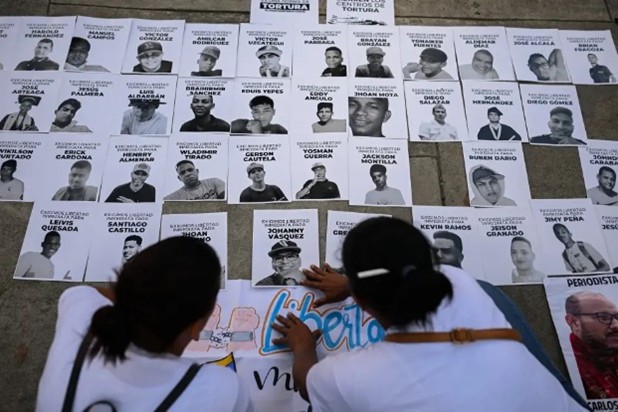
Human Rights Watch have released a report documenting widespread abuses by the Venezuelan authorities since the July 2024 presidential elections. The findings note killings of protesters and bystanders; enforced disappearances of opposition party members, their relatives, and foreign nationals; arbitrary detention and prosecution; and torture and ill-treatment of detainees.
The report notes that over 2000 people have been detained since the election for protesting, supporting the opposition, or criticising the government. The authorities have charged hundreds with vague offences – such as “incitement to hatred” and “terrorism”, which carry sentences of up to 30 years.
The report picks out the cases of Manuel Tique, who was detained by the Venezuelan authorities but whose family still do not have confirmation of his current location, Lucas Hunter, who was detained in January but whose family have not heard from him since, and Jesus Armas, who was forcibly detained in December 10 and tortured during interrogations.
The Venezuelan government has rejected a UN ruling to refrain from holding elections in the region of Essequibo. Neighbouring Guyana and Venezuela continue to dispute the mineral rich area. It represents around two-thirds of Guyana’s territory.
BRAZIL
In the USA, Coffee Watch have filed a petition to the customs and border authority to block coffee imports which it says are produced in Brazil with forced labour akin to modern-day slavery. The petition names Starbucks, Nestle, Dunkin’, Illy, McDonald’s and Jacobs Douwe Egberts as companies that rely on potentially dubious sources for their coffee.
WEBSITE
We have launched our own website! You can find it at https://amnestysouthamerica.org.uk. It will have access to newsletters, Urgent Actions and campaign details, plus an introduction to the team and our work. Most importantly it will enable us to give expanded information on campaigns and put up resources such as social media assets, photographs, sample letters and further links. An example of this can be found with the first item on the Argentina section above. Please give us feedback and suggestions.
All the best,
South America Team – David Rogers (Argentina and Chile), James Baird (Venezuela) and Graham Minter (rest of South America). And please don’t forget that you can follow us on our Facebook page and Twitter.